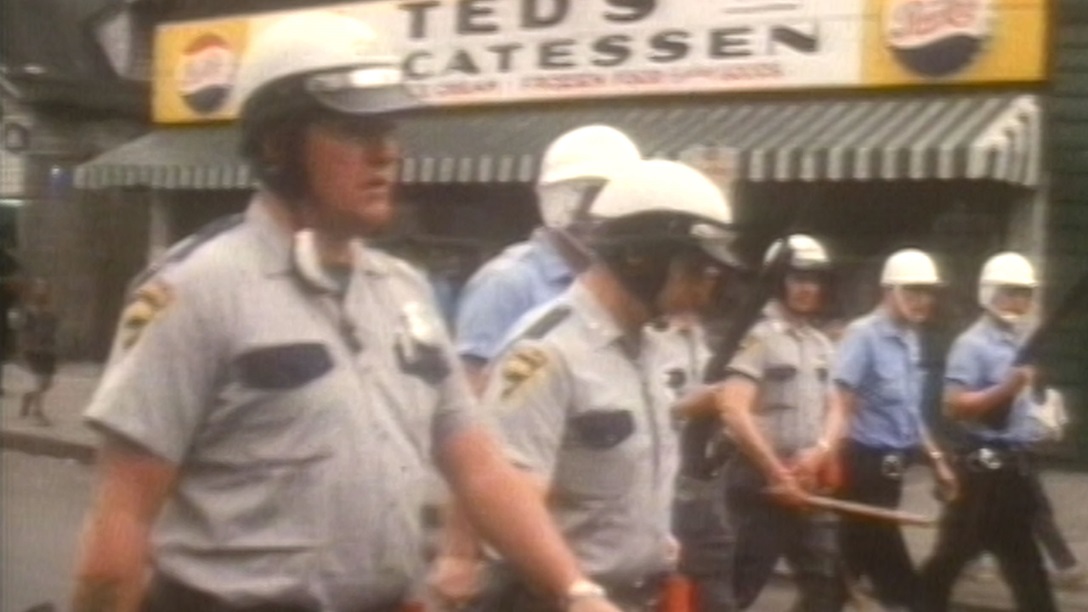Sundance Review: Tracing the History of the Police in ‘Power’
 Saturday, January 27, 2024 at 4:07PM
Saturday, January 27, 2024 at 4:07PM 
Police reform is a hot-button issue, with calls from the left to "defund the police" and responses from the right that “blue lives” matter. Complicating those concepts is the fact that every American has grown up with the police as an established reality. Considering what something else could look like requires an acknowledgment that it hasn’t always been this way and perhaps shouldn’t be. Yance Ford’s documentary Power looks at the history of the police and how that’s shaped where we as a country now.
So much of present-day policing stems from racist institutions, beginning with slave catchers as the original model for police forces, which first began in Boston and quickly spread throughout the country...
Police presence is intensified as allegedly undesirable groups of immigrants and those who look different grow, and the most problematic aspect of the whole thing is that laws have continued to evolve to protect the police in all cases. Violence by police is sanctioned, even though it may not look that different from – and may be even worse than – the violence they are ostensibly seeking to prevent.
Ford returns to Sundance after his 2017 breakthrough Strong Island, an Oscar-nominated documentary that focused on the murder of his brother and the ensuing miscarriage of justice. This film serves as a strong complement to other eye-opening examinations of race in American history like Stamped from the Beginning and Driving While Black. Ford has assembled a thorough history lesson while also remaining grounded in the present, conversing frequently with a Black police officer in Minneapolis seeking to effect change in whatever way he can.
Understanding that the police have not been an established reality since the beginning of time is an important first step in rethinking how a more productive and less destructive entity could look. Clips of successive United States presidents from both political parties proudly declaring their robust financial investments in both the military and the police show that police have considerably more resources now than they ever did, and have also put into place rules that work to protect officers in the case of an incident rather than hold them accountable. Comparisons to authoritarian regimes feel all too plausible given the intense power of the police and the forced submission of people of color who have good reason to be scared of the consequences of noncompliance.
This is the kind of film with the potential to change minds, not necessarily that the entire idea of policing needs to be scrapped but rather that there can be a new way of thinking about what needs to be fixed. As with so many nonfiction films tackling difficult issues, being willing to listen is the first step; Buy-in for this story from those with preconceived notions about progressive sensibilities is unlikely. Fortunately, this film will soon bow on Netflix, where it will have a platform that could allow those not seeking it out to find it. It’s extremely well-constructed and enlightening, an optimistic indication that what is now doesn’t always have to be. B+
Power screened in the Premieres section at the 2024 Sundance Film Festival and will be released by Netflix this year. Image courtesy of Sundance Institute.
 Netflix,
Netflix,  Power,
Power,  Reviews,
Reviews,  Sundance,
Sundance,  Yance Ford,
Yance Ford,  documentaries
documentaries 


Reader Comments (1)
Looking forward to this,I like police documentaries and American history.